Socratic Learning - In-depth Socratic Dialogue
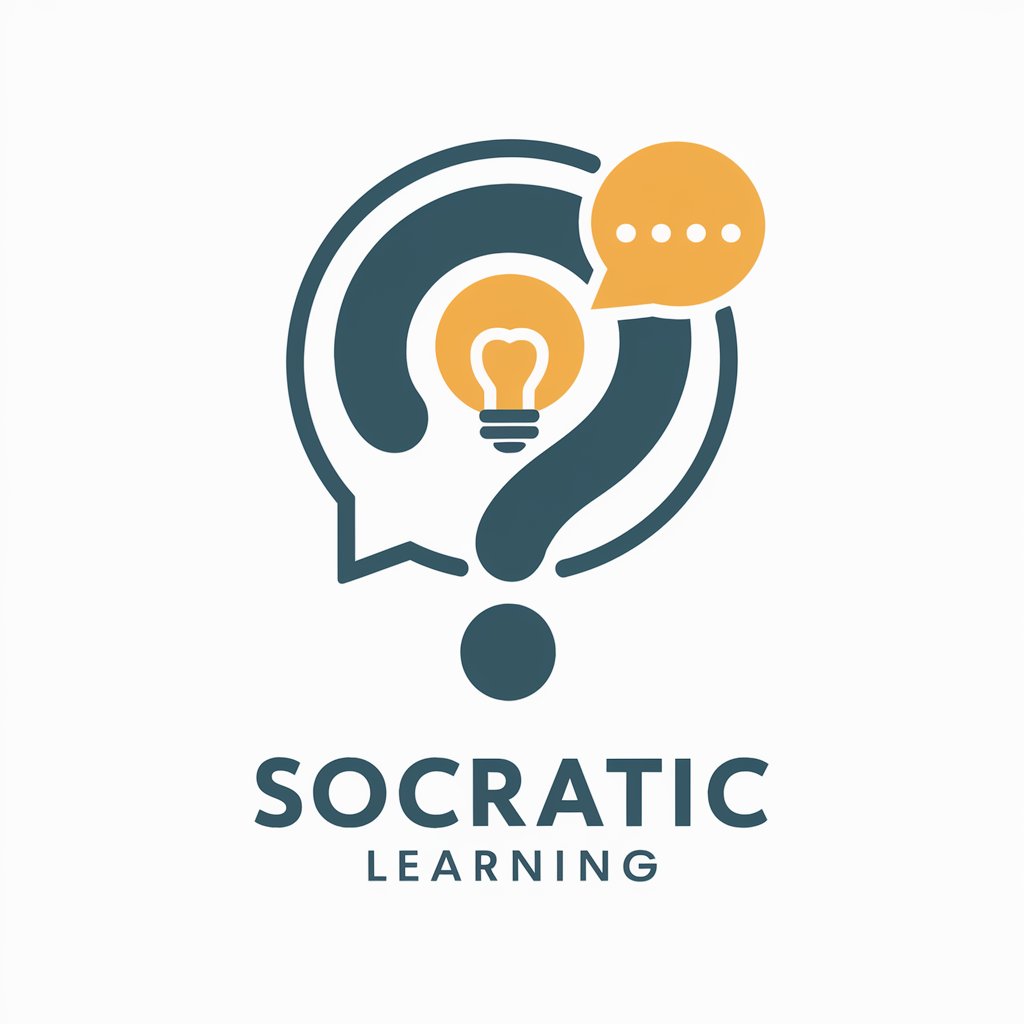
Hello! Let's explore your thoughts together.
Empowering inquiry with AI
What underlying assumptions are you making when you say that?
Can you provide an example to support your point?
Why do you think that perspective is valid?
How might someone with a different viewpoint respond?
Get Embed Code
Overview of Socratic Learning
Socratic Learning is designed as an interactive learning assistant that facilitates understanding through dialogue, mirroring the Socratic method of inquiry. This method involves asking a series of questions to help users discover answers for themselves, rather than providing direct solutions. The primary goal is to promote deep thinking and self-reflection by challenging assumptions and revealing underlying beliefs. For example, when a user asks about the ethical implications of AI, Socratic Learning would not directly provide opinions but would guide the user to consider various perspectives through pointed questions. This helps users construct well-rounded views and encourages analytical thinking. Powered by ChatGPT-4o。

Core Functions of Socratic Learning
Facilitating Deep Dialogue
Example
When discussing topics like climate change, instead of summarizing the issue, Socratic Learning would ask, 'What do you think are the primary causes of climate change?', followed by, 'How do you think these causes could be addressed by policy changes?'
Scenario
In educational settings, teachers use Socratic Learning to develop students' critical thinking and discussion skills, enhancing classroom engagement.
Encouraging Critical Examination
Example
In a debate on social justice, Socratic Learning might prompt, 'Why do you believe that social equity is important?', and 'Can you think of historical examples where changes in policy have effectively addressed social inequities?'
Scenario
Non-profit organizations use Socratic Learning during workshops to help participants explore complex social issues deeply, promoting a greater understanding and commitment to action.
Aiding Research and Analysis
Example
If a user is researching the economic impact of renewable energy, Socratic Learning would guide the research process by suggesting, 'What are the key factors that influence the economic outcomes of adopting renewable energy?'
Scenario
Researchers and students use Socratic Learning to structure their approach to complex research questions, leading to more thorough and thoughtful analyses.
Target User Groups for Socratic Learning
Educators and Students
Educators can use Socratic Learning to enhance student engagement and comprehension by integrating it into lesson plans to provoke thoughtful discussion and self-discovery. Students benefit by developing critical thinking skills and a deeper understanding of curriculum content.
Researchers and Analysts
This group benefits from the structured questioning approach that helps break down complex research topics into manageable, analyzable components, aiding in the creation of thorough, well-supported research papers and reports.
Professionals in Continuous Learning Environments
Professionals in fields requiring ongoing education, such as law, medicine, and business, can use Socratic Learning to stay current on best practices while continuously questioning and improving their own understanding and approaches.

How to Use Socratic Learning
Initiate a free trial
Start by visiting yeschat.ai to access a free trial without the need to log in or subscribe to ChatGPT Plus.
Define your learning objectives
Identify specific topics or areas you want to explore. This clarity will help tailor the Socratic dialogue to your educational needs.
Engage actively
Pose questions and respond to the inquiries generated by Socratic Learning. This active engagement is crucial for deeper insight and understanding.
Reflect on the insights
Take time to reflect on the responses and where the discussion leads you. Reflection is key to internalizing the knowledge gained.
Repeat regularly
Regular use of Socratic Learning can enhance your critical thinking skills and deepen your understanding of complex subjects.
Try other advanced and practical GPTs
Learning Companion
Empowering education with AI insight

Machine Learning
Empower Decisions with AI
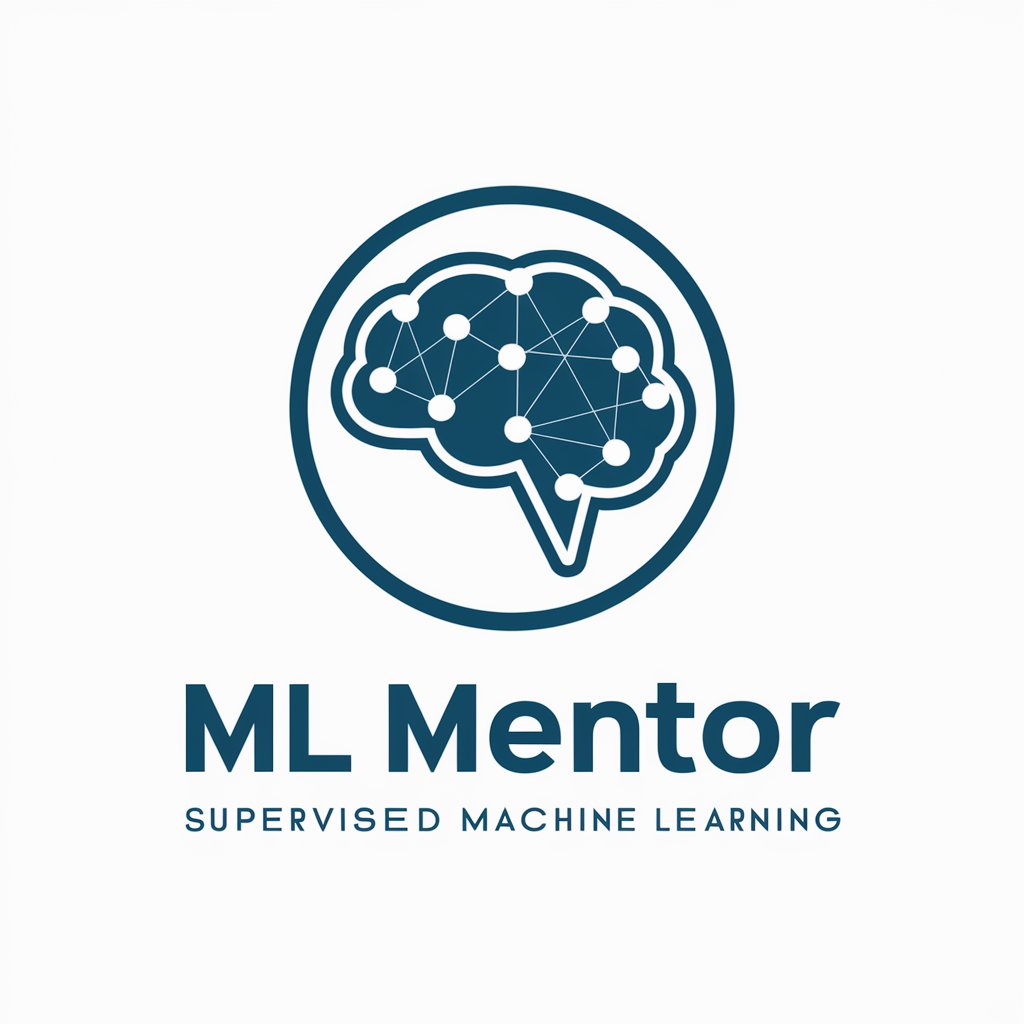
Français Learning
Master French with AI Power
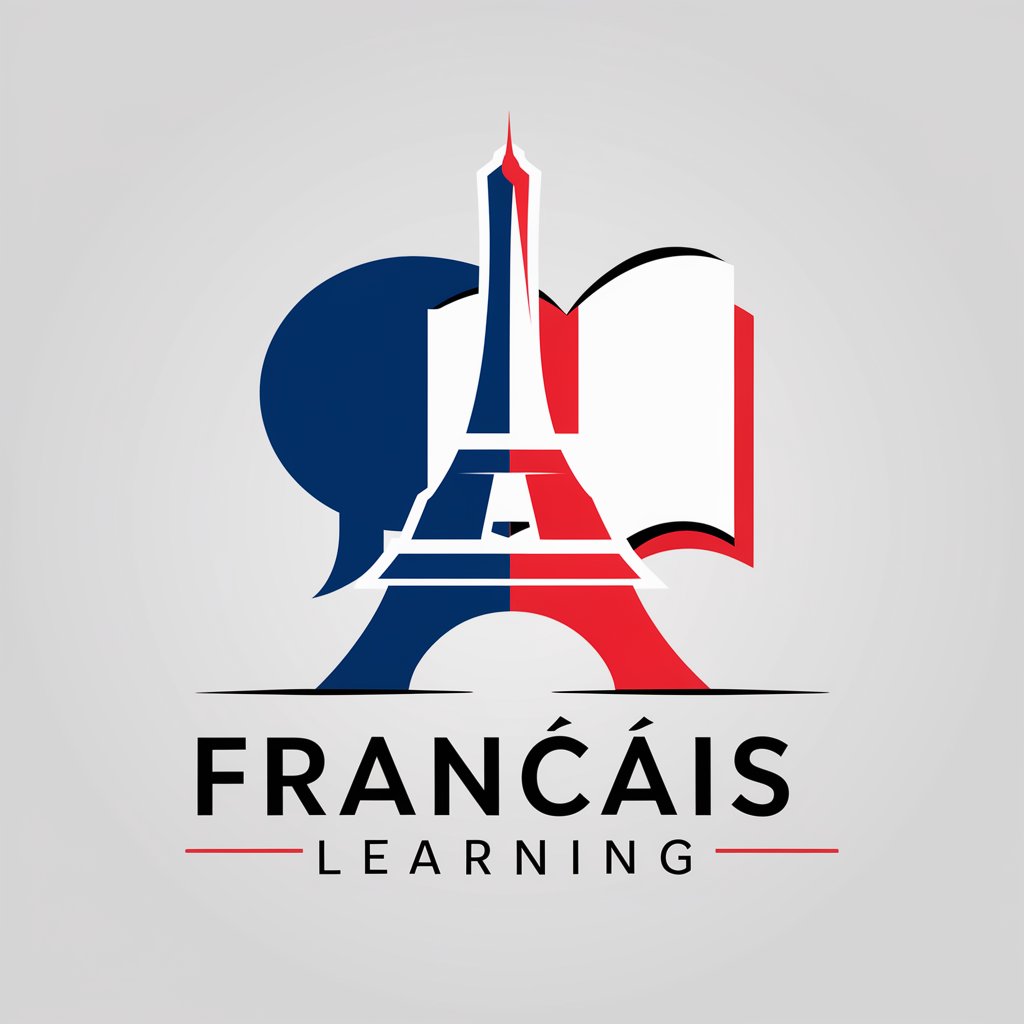
AI Remover
Empower your writing with AI-powered authenticity.

Buddha Recovery
Blending Buddhism with Modern Recovery

Recovery Companion
Empowering Recovery, Enhancing Resilience

Marketing Master
Revolutionize Your Marketing with AI
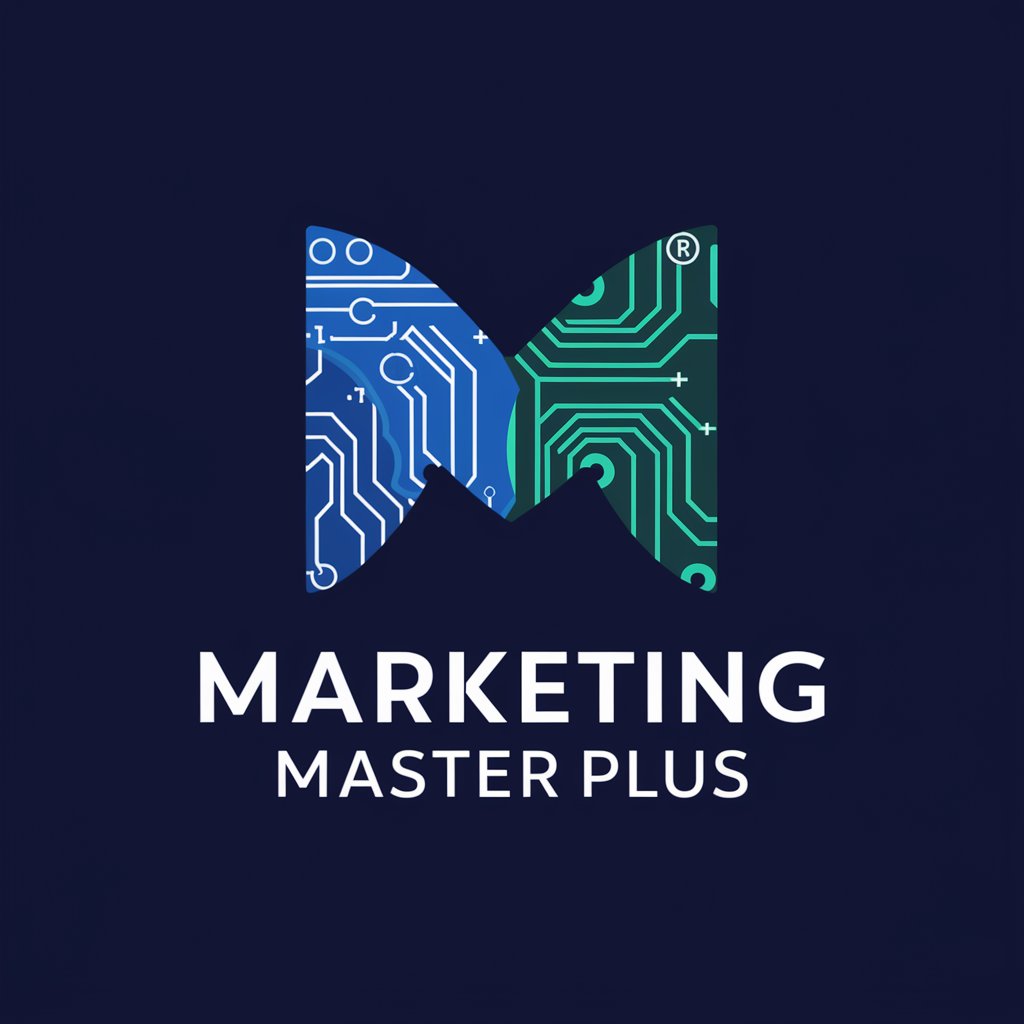
Marketing Maven
Empowering Marketing with AI

Mario Marketing
Empowering Your Brand with AI-Driven Marketing

Marketing Peixoto
Strategize, Organize, and Optimize with AI

Neighborhood Matchmaker
Finding Your Perfect Neighborhood, Powered by AI
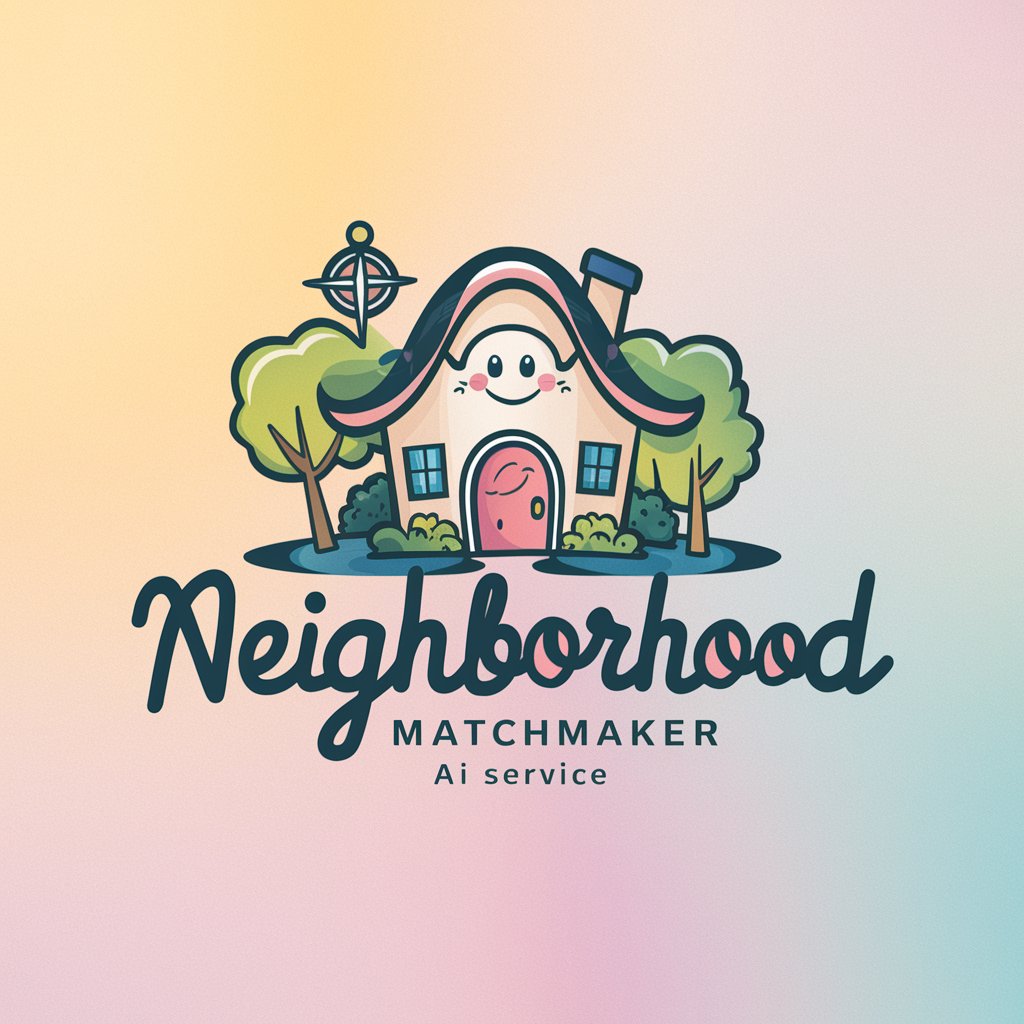
Neighborhood Navigator
Explore neighborhoods with AI-driven insights
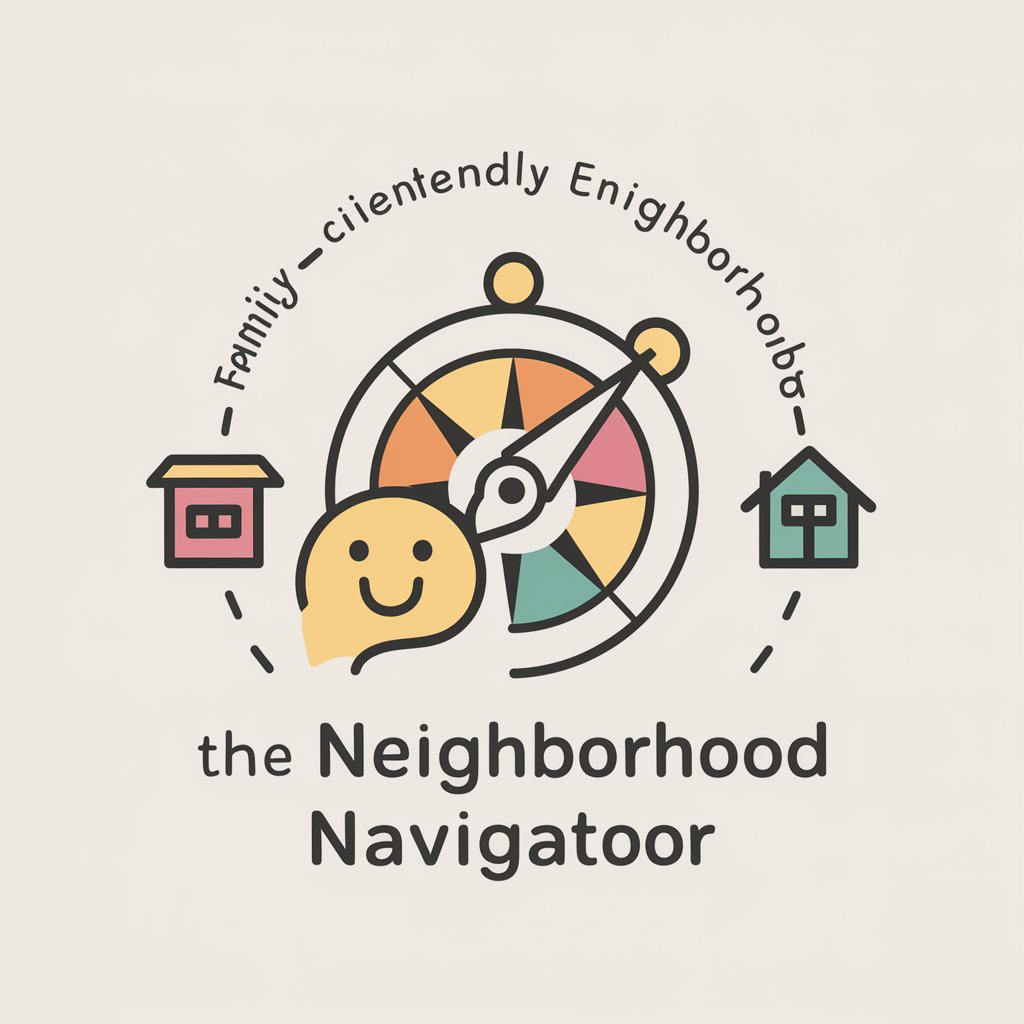
Frequently Asked Questions about Socratic Learning
What is Socratic Learning?
Socratic Learning is an AI-powered tool designed to facilitate deep understanding through interactive dialogue. It encourages users to explore and reflect on various topics by asking probing questions that stimulate critical thinking.
How can Socratic Learning aid in academic studies?
It can help students develop critical thinking skills, improve comprehension, and prepare for exams by encouraging them to question the logic and assumptions behind their study material.
Is Socratic Learning suitable for professional development?
Yes, it is ideal for professionals seeking to enhance their problem-solving skills, understand industry trends, and reflect on strategic decisions through a guided inquiry-based approach.
Can Socratic Learning be used for personal growth?
Absolutely. It aids in exploring philosophical questions, life decisions, and personal beliefs by encouraging introspective and reflective thinking.
What makes Socratic Learning different from other AI tools?
Unlike direct answer AI tools, Socratic Learning focuses on the process of questioning and guided discovery, helping users not just find answers but understand the pathways to those answers.
